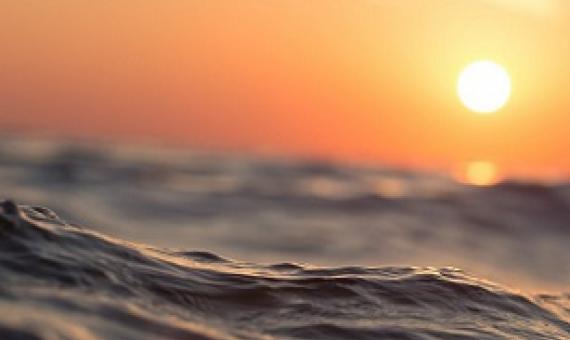President Tommy Remengesau Jr. announced on Wednesday the postponement of Our Ocean Conference previously scheduled in Koror in December to 2021. Outgoing president Remengesau said he is still happy that Palau will still be able to host the event next year.
Samoa Ocean Strategy 2020-2030
Samoa has long recognised the Pacific Ocean as a source of social and economic benefit which has sustained its communities for generations. The ocean remains a primary resource for food and livelihoods that requires responsible stewardship. As a large ocean state, Samoa requires tools, resources and planning to effectively manage its vast ocean area. The Samoa Ocean Strategy (SOS) outlines a pathway towards sustainable management of Samoa’s ocean and marine resources.
Vast fishing nets have hauled up 29 species of delicate coral from the still, dark depths of New Zealand's oceans. And conservationists are warning that the Government has abandoned protection of the sea bed in favour of expanding bottom trawling.
The Pacific has presented a united front to world leaders at the UN General Assembly this year.
Heatwaves in the world's oceans have become over 20 times more frequent due to human influence. This is what researchers from the Oeschger Center for Climate Research at the University of Bern are now able to prove.
The Green Party wants at least 30 percent of New Zealand's oceans to be protected by 2030. It also wants a 10 year moratorium on all forms of seabed mining. It's released its "Thriving Oceans Plan" at a campaign event at Bastion Point in Auckland today.
As oceans warm due to climate change, scientists are trying to predict how marine animals—from backboned fish to spineless jellyfish—will react. Laboratory experiments indicate that many could theoretically tolerate temperatures far higher than what they encounter today.
Slashing humanity’s reliance on fossil fuels will require billions of kilograms of metal: a single wind turbine can contain more than a metric ton of copper, and electric car batteries demand heaps of cobalt, nickel and manganese.
Climate action and oceans realities for the Pacific have been the focus of a just-ended virtual tour of the region by the United Kingdom’s Minister for Pacific and the Environment, Lord Zak Goldsmith.
The United Nations Environment Programme (UNEP) and The Ocean Agency, in collaboration with creativity partner Adobe, today launched Ocean League, a new campaign that showcases the power of creativity in driving positive change for ocean protection and climate action. 















